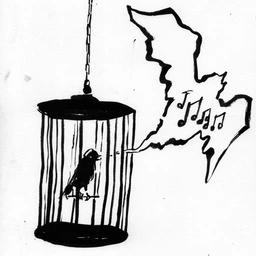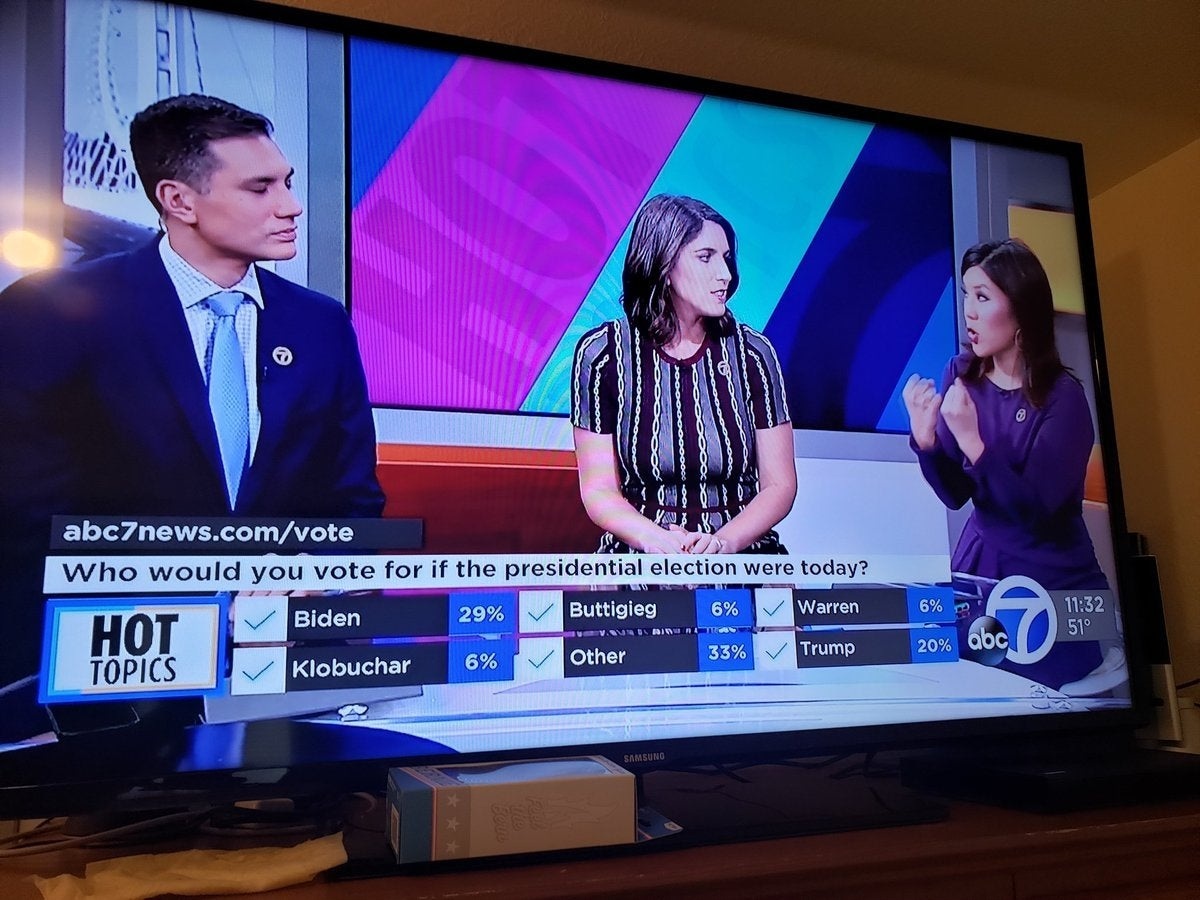

I’m confused


I’m confused


How are you defining authority? My understanding is it’s specifically referring to “power over”; via implicit/explicit coercion, threat, manipulation, and so on. I don’t see why opposition to such uses of power, and the desire to build alternative systems which don’t rely on such means, has to be a negative or “naive” or “unrealistic” thing.


What about dyslexic people?


Are there no anarchists on hexbear?


They can use the state to do that for them


and the company
Surely the company would never be just as authoritarian as the state!
~ [cue anti-consumer subscription models and user policies]


No, you just made a likely bad faith argument he couldn’t be bothered to engage with.
There has been a rise in far-right parties in many countries, many of which don’t officially label themselves as fascist for plausible deniability, while spouting clearly fascist rhetoric. Their current scapegoats of choice include (but are not limited to) immigrants and lgbtq people.
But if you’re not being disingenuous, what do you think fascism is?


Our justice system might not be perfect, but it is the best option we have.
This was said about every system throughout history to justify injustice.


Say what you want about marxist-leninists but they’re not “very extreme right fascists”. Do you have any evidence for your claim or are you just doing your part in decreasing political literacy?


Thanks for the info.
My concern is less about the reliability of the provided info and more the bias of the voice/language being used, and the choice of which facts get reported on. To me, this Politico article reads as rather sympathetic to the right wing.
Ultimately I don’t think “unbiased” reporting truly exists, it’d be better if journalists (and their editors/employers) were transparent about conflicts of interest, like in scientific publications (even though it’s not like that’s likely to happen, so the reality is that anyone seeking such info has to find it out by themself). Not to mention how the left-right spectrum is pretty subjective and vague.


Does anyone have an alternative source?Politico Europe is owned by Axel Springer SE, and Axel Springer was apparently like Germany’s Murdoch.


Not my photo and I don’t entirely remember its context but I’d saved it back then because it really struck me how blatant the Bernie censorship was



I’m not surprised one bit


Ik it’s only anecdotal, but I played Brawl Stars when it was in beta and witnessed almost all its updates until global launch (and have caught up with some more recent updates here and there). It went from a genuinely fun mobile game with character and potential to a plastic husk primed for whatever monetisation and “engagement” strategies analytics says needs to be shoved into it next.
At the time I couldn’t fathom how all those updates that often made gameplay and progression less fun could ever be more “engaging” (the change from portrait to landscape in particular felt like straight up poor game design, trashing its unique mobile control schemes in favour of digital twin joysticks and “autoaim”), but in hindsight it’s clear what that really meant.


Oh I don’t doubt that those in power are complicit in the exploitation (I disagree with calling it feudalism, however). Ridding themselves of responsibility by blaming colonialism sounds akin to Israel deflecting criticism by claiming anti-semitism.
The statist perspective is unable to properly address these inequalities and injustices because it cannot reject the hierarchical power structures that caused them in the first place. Foreign intervention is just colonialism 2.0, but the more “reactive” alternative is just leading to a situation where measuring immigrants by their worth as ‘skilled workers’ and ‘ease of integration’ is pragmatic. I’m not gonna deny that there’s a kind of sense to this, because that’s exactly what makes it so worrying. At least with the old racist pseudoscience we can point and laugh at how nonsensical it was.


Ah, fuck, I usually at the very least skim things before I share but this time I just assumed from the title… my bad, the article has nothing to do with this topic.
Still, my general point is that European colonialism in Africa can’t be considered a “solved” issue, because of capitalism’s (and ‘western’ capitalists’) roles in continuing to exploit its natural resources and perpetuating systemic wealth inequalities. I think that profling populations by nation/culture is a fundamentally flawed way of approaching the difficulties of (mass) immigration, plus it’s an even more dangerous road to go down. Whatever the qualities of cultures and hegemonies that persist in whichever regions, populations aren’t homogenous, and states fail to represent their peoples.
Of course, there are many factors and actors involved in the many social instabillties / conflicts plaguing the world, and anything I might value as an anarchist (e.g. open borders and mutual / humanitarian aid) would be nonsensical to apply as government policies. I don’t have a ‘counter’ solution to propose.
lf all this is “thought terminating” in the sense that I’m unwlling to go down the path of ‘pragmatism’ in which peoples’ worth is profiled and measured and weighed, then so be it. As I see it, that kind of thinking as part of problem, not the solution.


Look, I’m always down for learning more about history, but who’s “Nigeria”? To who was “Nigeria” selling slaves to? Modern states are never representative of specific / homogeneous cultures, let alone individual peoples, let alone societies from before the state was even formed. After skimming a few wiki articles, it’s clear that the region has had its own fair share of struggles against authorities, slavery, and racism, even before European colonisation, some of which continue currently.
Still, none of this reached the scale of european colonisation / “the scramble for Africa”, and the continued political and economic influence and control that ‘the West’ continues to hold and wield (neocolonialism / recolonisation). I know nowhere near enough about critical theory, but I’m sure these processes can be understood as a form of deterritorialisation and reterritorialisation (I wasn’t able to find a freely available copy, but this article seems like it could be a relevant, interesting read: Deterritorialization and Reterritorialization of the Orisha Religion in Africa and the New World (Nigeria, Cuba and the United States).)
Regarding Syria, “my approach” would be simply to support more movements / projects like Rojava (which is clearly not something that ‘western’ political powers are interested in doing). As an anarchist I don’t think liberation from state authority can be achieved through state authority.


Fix the laws?
Good joke!


So… are we gonna pretend that colonialism played no part, and continues to play no part (via capitalism), in today’s “material conditions”?
Absolutely! He simply has a very original take on “freedom”, but we all know that’s a tricky word to pin down, so don’t think about it too much, and leave it to the big dogs to tell you when your freedom is being protected.